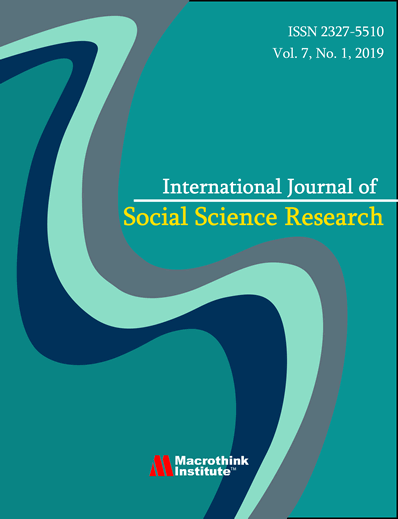The Muqtadhal Haal Da’wah of K.H. Dalhar and Its Relevance in Modern Society
DOI:
https://doi.org/10.5296/ijssr.v10i1.19400Abstract
This study seeks to explore the format of the Muqtadhal Haal da’wah of Kiai Dalhar and its implementation and relevance for modern society. The research uses a historical and socio-anthropological approach, referring to Clifford Geertz’s “thick description” theory and Habermas’ “communication” theory. The research was conducted using the historical method. The results show that the Muqtadhal Haal da’wah is a da’wah that is carried out through communication actions that are built by placing the dai (Islamic preacher) and da’wah targets in an equal position. A dai does not deliver the da’wah material orally before the da’wah targets ask. A dai in delivering his da’wah will try to adapt the materials, methods and media to the psychological, sociological, anthropological and intellectual capacities of the da’wah targets. Da’wah is not carried out in a harsh, rigid and revolutionary way, on the contrary, it is carried out in a polite, gentle, touching manner, and proceeds according to the circumstances of the da’wah targets. The implementation of da’wah applies transcendental, contextual, sentimental and harmonization strategies. The dialectic of democratic communication in the application of the Muqtadhal Haal Kiai Dalhar’s da’wah is very effective in the development of Islam in Central Java, so that the da’wah model can be used as an alternative to da’wah in modern society today.

